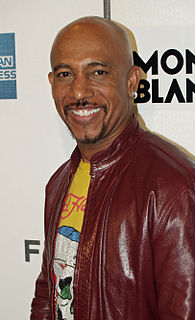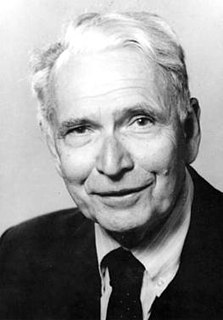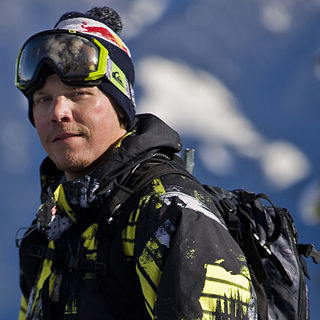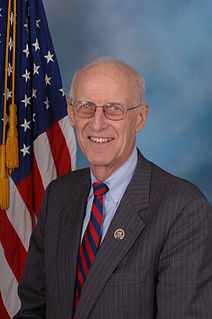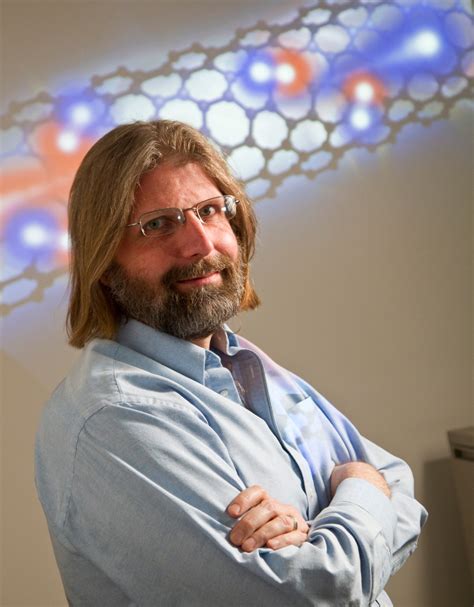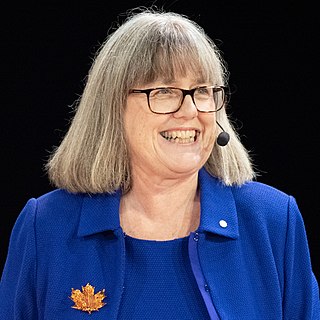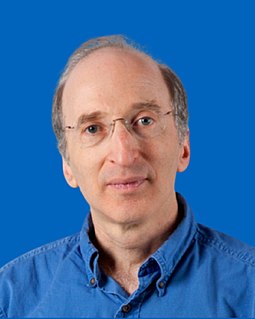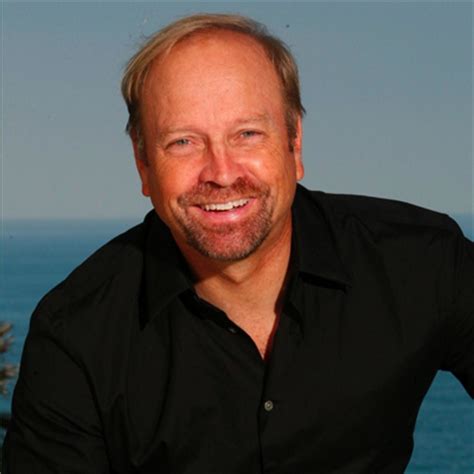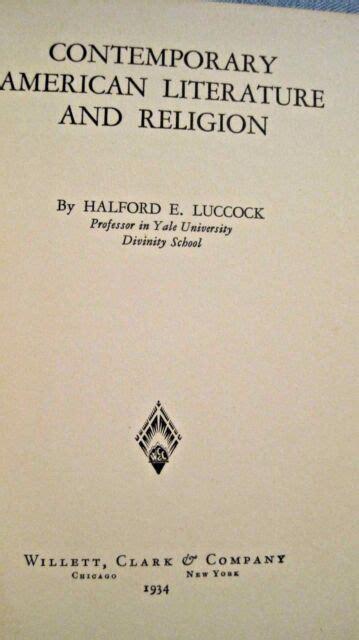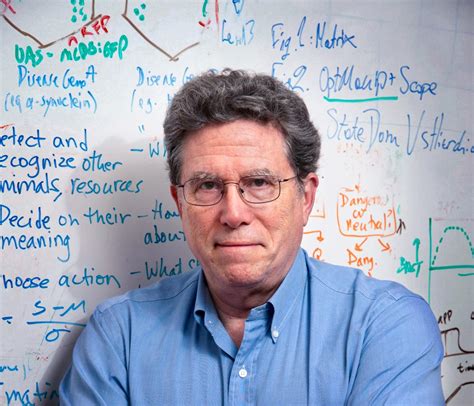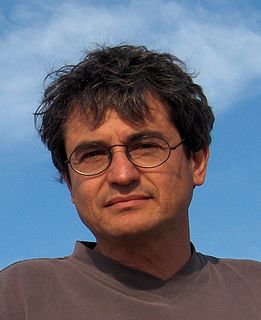Top 1200 Scientist Life Quotes & Sayings - Page 16
Explore popular Scientist Life quotes.
Last updated on December 4, 2024.
I don't think anybody can prepare on a physical level. It isn't possible to prepare for what is about to happen. The Pentagon gives us one to three years left of normal life on this planet. Now you have Al Gores movie "An Inconvenient Truth", whom I find very optimistic, as he gives us ten years. But I don't know a single scientist on the planet who gives us ten years or anybody else who gives us that long. What the Pentagon talks about is the rapid changes in climate, making it impossible to live in certain areas. Exactly where those areas are, they don't know.
Scientific research is based on the idea that everything that takes place is determined by laws of Nature, and therefore this holds for the action of people. For this reason, a research scientist will hardly be inclined to believe that events could be influenced by a prayer, i.e. by a wish addressed to a Supernatural Being.
There are, of course, a number of epistemological questions, some of which lie more in the province of the philosopher than they do the economist or the social scientist. The one with which I am particularly concerned here is that of the role of knowledge in social systems, both as a product of the past and as a determinant of the future.
I consider it as a foreshadowing of modernity in many different respects, and the consistency of character is interesting to the emerging modern psychology. The emphasis on dream knowledge relates quite deeply to psychoanalysis, although I suppose psychoanalysis wouldn't like to say that... Freud was always saying he was a scientist.
The scientific method of examining facts is not peculiar to one class of phenomena and to one class of workers; it is applicable to social as well as to physical problems, and we must carefully guard ourselves against supposing that the scientific frame of mind is a peculiarity of the professional scientist.
If you're a doctor, or a scientist, or a computer programmer, it shouldn't matter whether you come from Nigeria, or Norway, or any other country on this earth. Today though we have a system that rewards ties of blood, ties of kin, ties of clan. That's one of the most un-American immigration systems I can imagine.
Until I was a junior in high school, I was a "boy scientist" type and expected to go into chemistry. Then I discovered the humanities. I read the plays of Shakespeare voraciously, some novels, such as Pasternack's Dr. Zhivago and Sinclair Lewis' Main Street, and I got into philosophy by reading Kierkegaard and Nietzsche.
As far as I can recall, the initial shiver of inspiration [for Lolita] was somehow prompted by a newspaper story about an ape in the Jardin des Plantes, who, after months of coaxing by a scientist, produced the first drawing ever charcoaled by an animal: this sketch showed the bars of the poor creature's cage.
It is relatively unusual that a physical scientist is truly an atheist. Why is this true? Some point to the anthropic constraints, the remarkable fine tuning of the universe. For example, Freeman Dyson, a Princeton faculty member, has said, 'Nature has been kinder to us that we had any right to expect.'
The whole life-effort of man is to get his life into direct contact with the elemental life of the cosmos, mountain life, cloud life, thunder life, air life, earth life, sun life. To come into immediate felt contact, and so derive energy, power and a dark sort of joy. This effort into sheer naked contact, without an intermediary or mediator is the root meaning of religion.
I've been all over the world on my own because, as a scientist, you travel a great deal if your work is reasonably successful or published. I get invitations to go to all sorts of strange countries where I would mostly be by myself and just meet other people there, instead of having travelling companions.
When I think about discussions at the Society for Philosophy and Psychology, a group which includes not only philosophers and psychologists, but also computer scientists and linguists, it is noteworthy that one can't always tell just from the content of particular contributions from the audience, whether a given questioner is a philosopher or an empirical scientist.
There must be no barriers to freedom of inquiry... There is no place for dogma in science. The scientist is free, and must be free to ask any question, to doubt any assertion, to seek for any evidence, to correct any errors. Our political life is also predicated on openness. We know that the only way to avoid error is to detect it and that the only way to detect it is to be free to inquire. And we know that as long as men are free to ask what they must, free to say what they think, free to think what they will, freedom can never be lost, and science can never regress.






